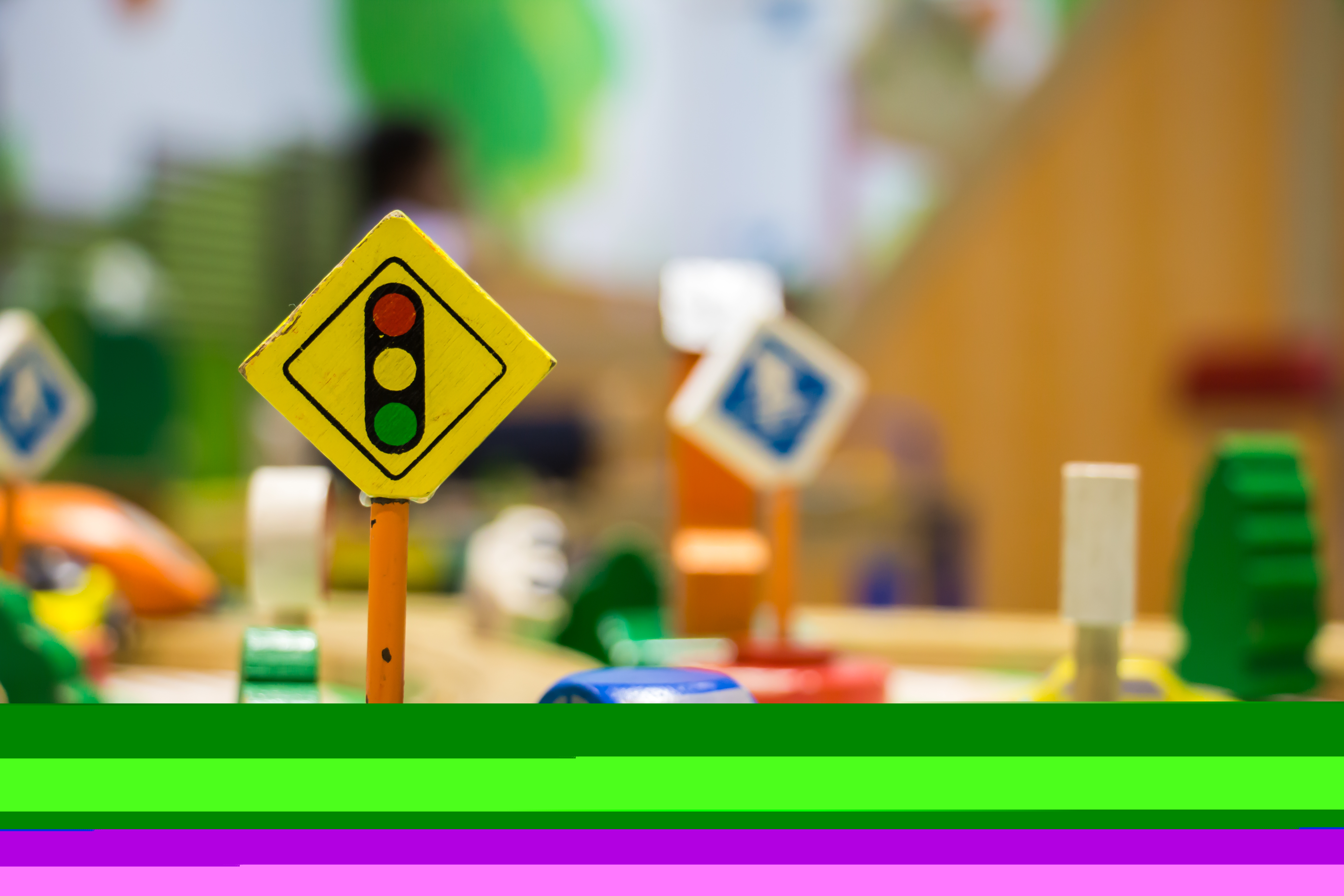Observational skills Easy Worksheets for 6-Year-Olds
4 filtered results
-
From - To
Enhance your child's observational skills with our easy worksheets designed specifically for 6-year-olds! These engaging activities aim to improve attention to detail, critical thinking, and cognitive abilities through fun and interactive tasks. Perfect for young learners, our worksheets include various exercises such as picture comparisons, “find the difference” challenges, and visual puzzles, making learning both rewarding and enjoyable. Encourage your child to observe and analyze their surroundings effectively while developing essential skills for future academic success. Our printable resources allow for flexibility and convenience, ensuring kids can practice anytime, anywhere. Start fostering your child's observational skills today!
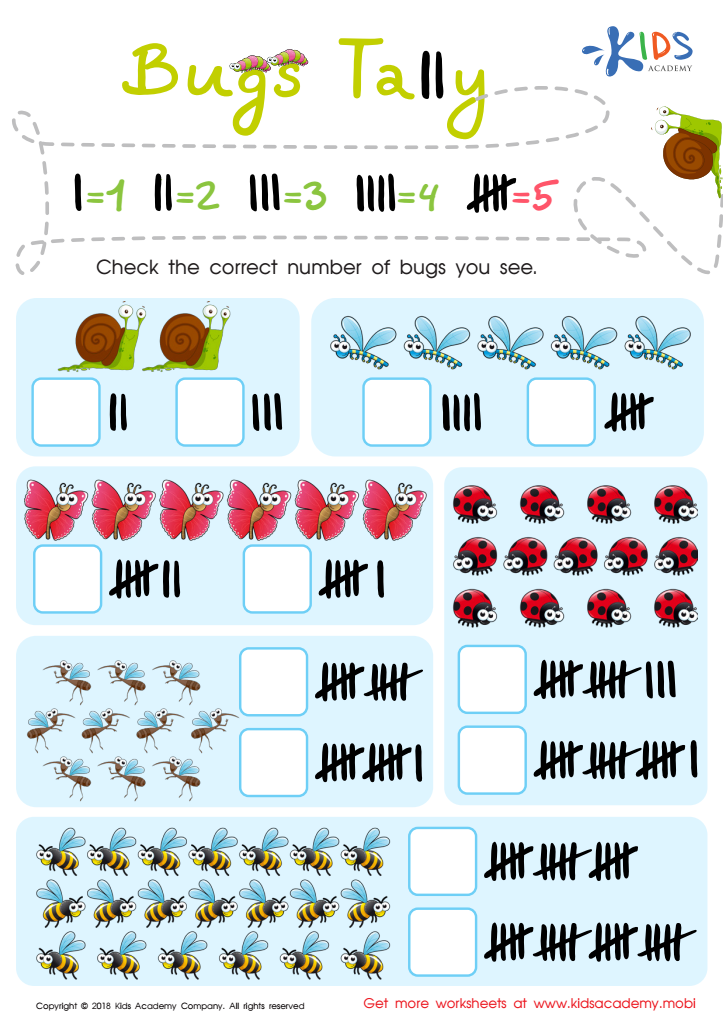

Bugs Tally Worksheet
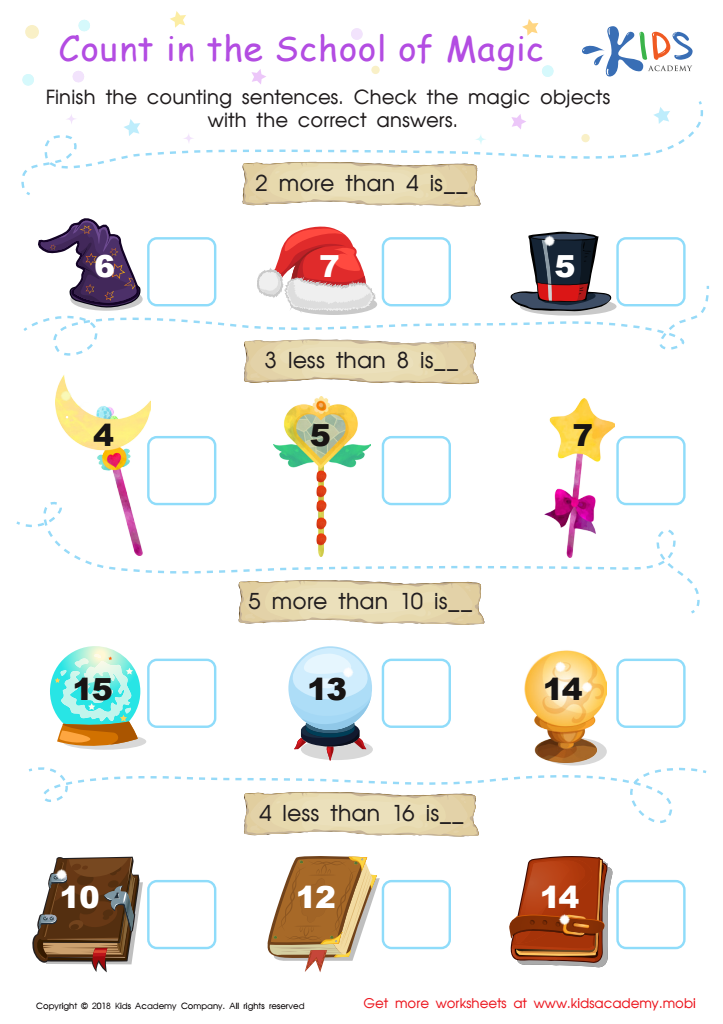

Count in the School of Magic Worksheet
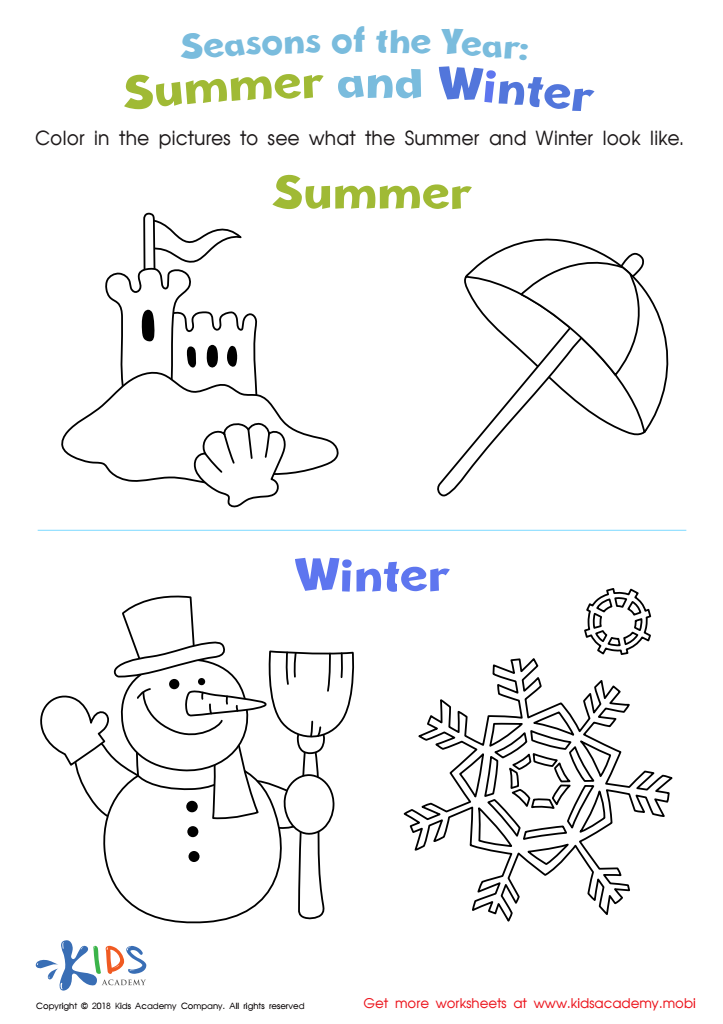

Summer and Winter Worksheet
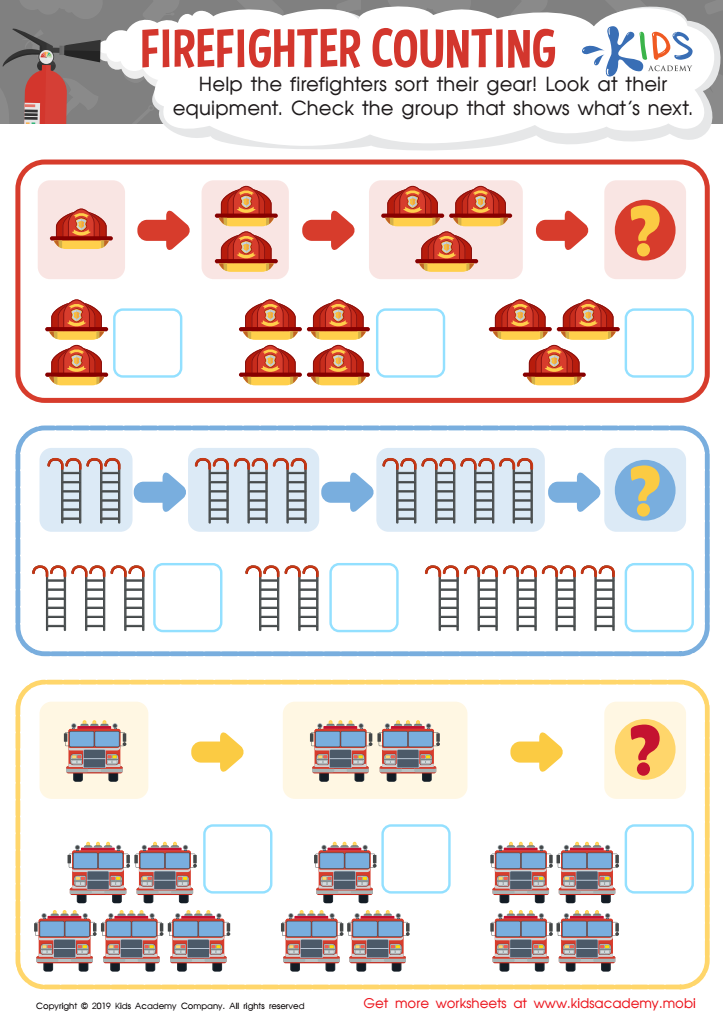

Firefighter Counting Worksheet
Observational skills are crucial for six-year-olds as they lay the foundation for learning, critical thinking, and social interactions. Parents and teachers should care about these skills because they help children make sense of their environment and develop a deeper understanding of the world around them. When children hone their observational skills, they learn to notice details, patterns, and changes, which enhances their ability to ask questions and seek answers—key components of learning.
Additionally, strong observational skills improve literacy and math development. For instance, recognizing shapes, colors, and sizes supports counting and sorting activities. Furthermore, observation fosters language development as children describe what they see, expanding their vocabulary and strengthening communication skills.
Socially, children with good observational abilities are often more adept at interpreting social cues, leading to better peer relationships. They learn to empathize and respond appropriately in various situations.
Encouraging observational skills provides children with confidence and promotes curiosity. By nurturing these abilities through simple activities like nature walks, storytelling, or play, parents and teachers can cultivate a lifelong love for exploration and learning, ultimately contributing to a child’s overall development.
 Assign to My Students
Assign to My Students





